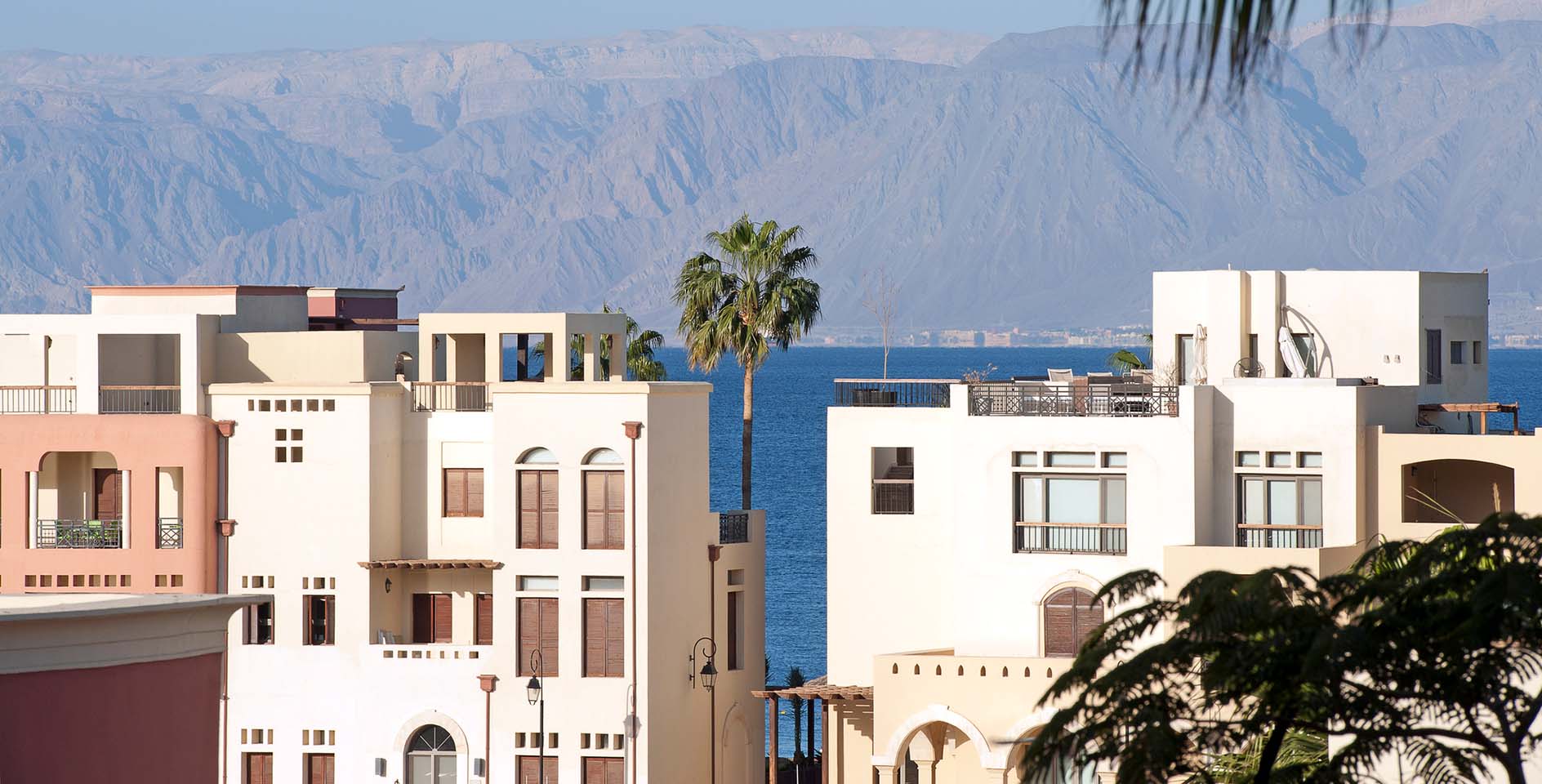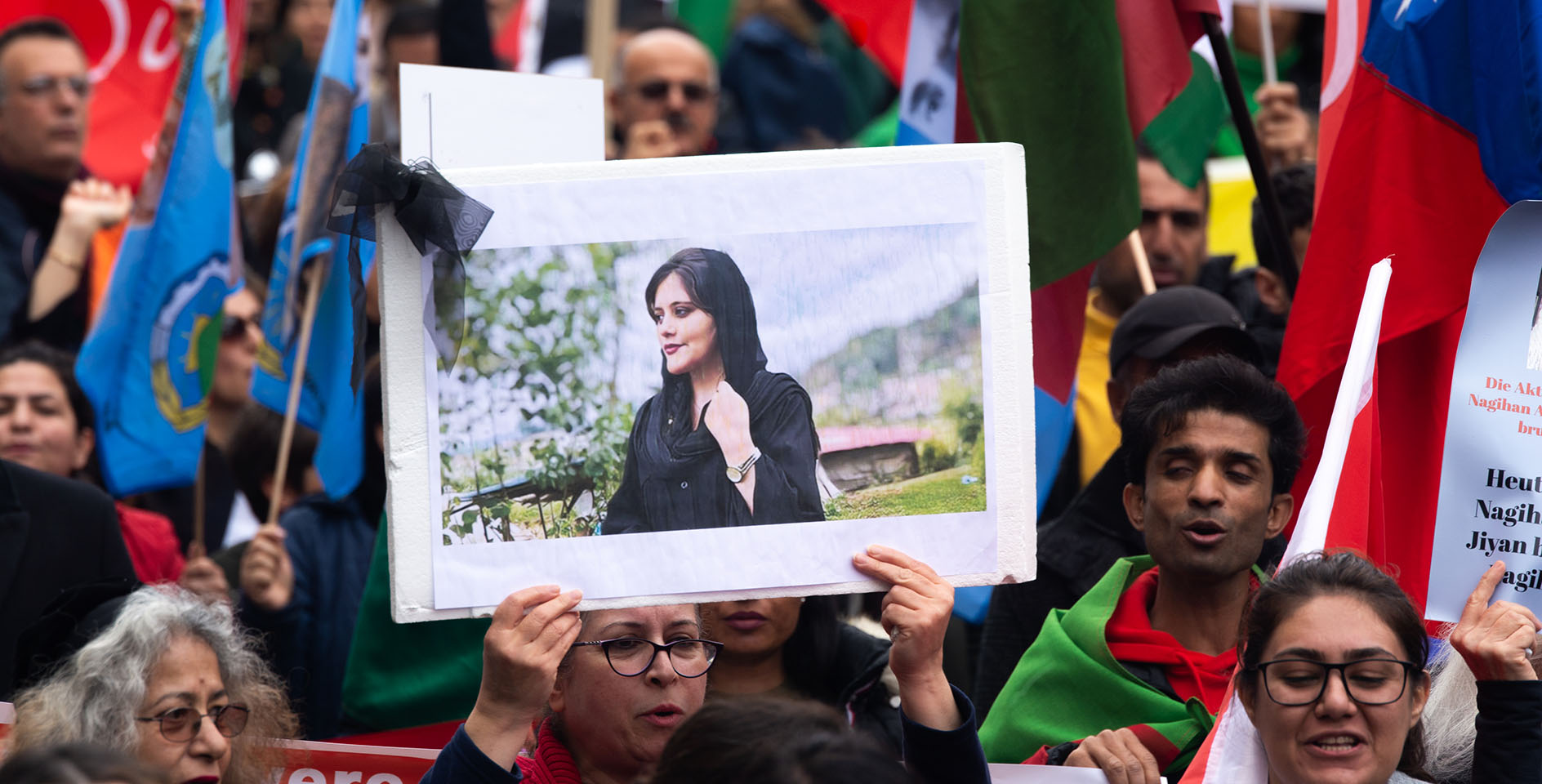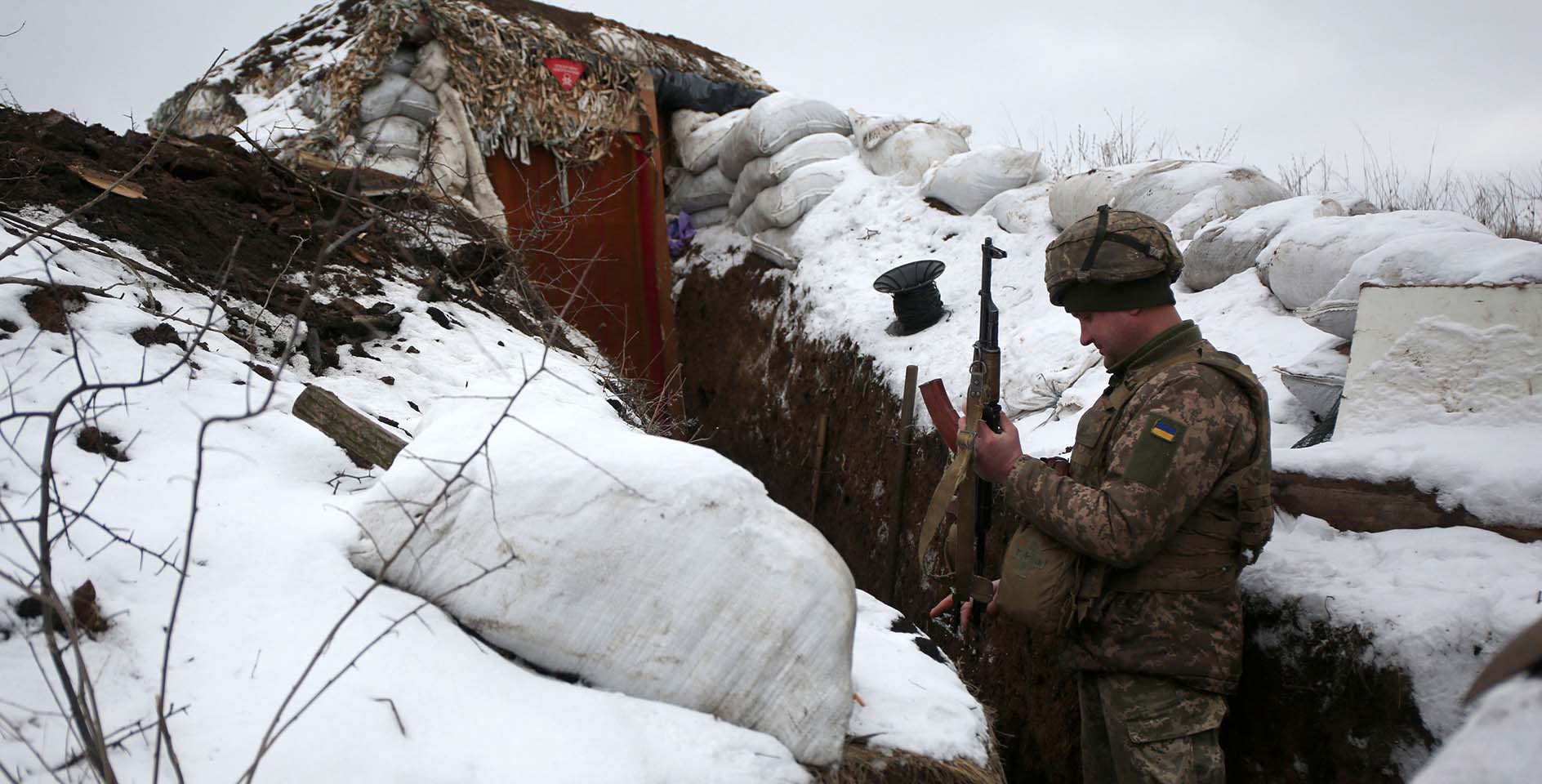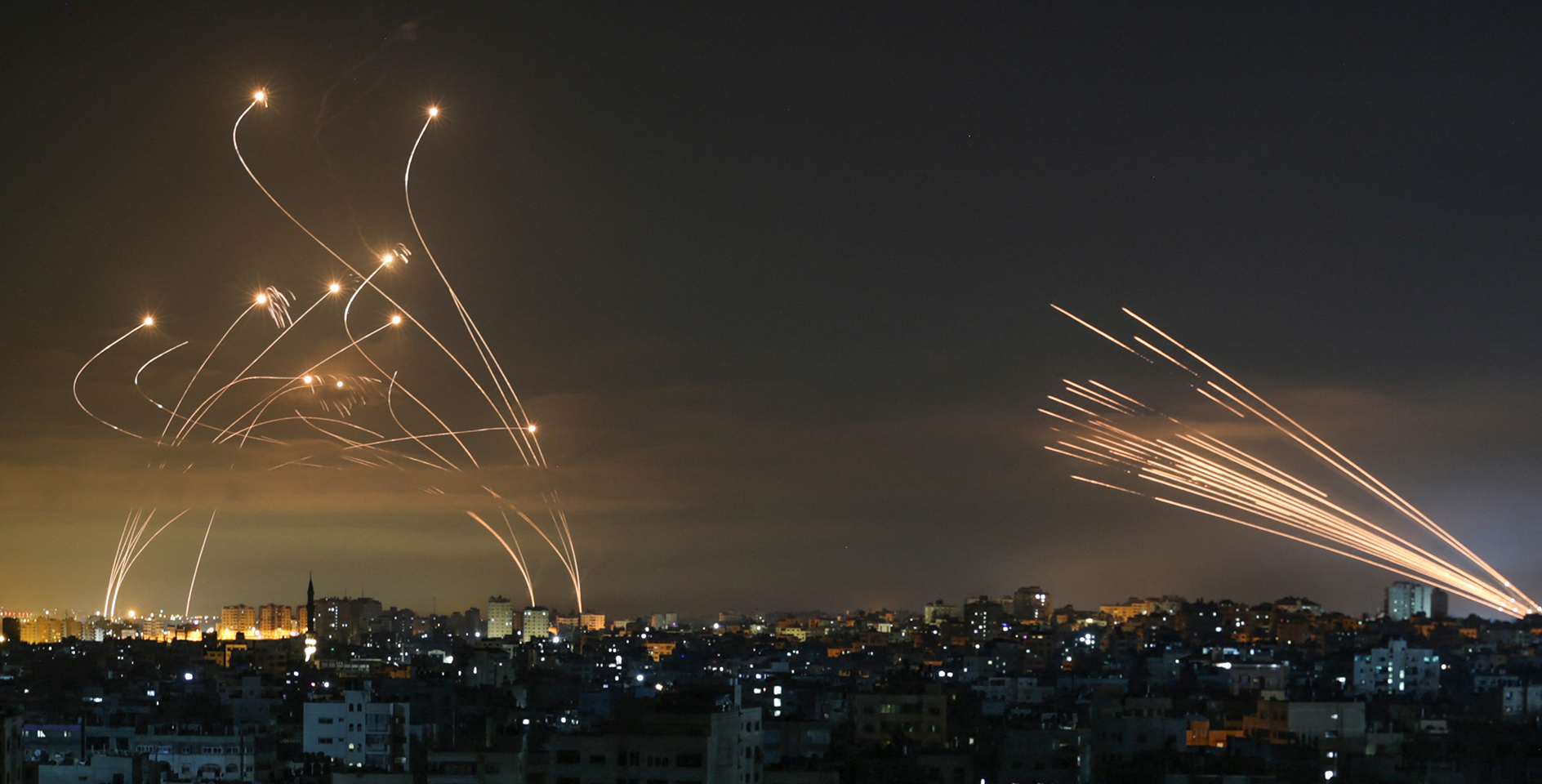Every Monday, we bring to you the top five international stories of the week, with a particular emphasis on religious liberty, justice issues, and geopolitical issues that impact liberty and justice.
This week, we bring you a special edition, focused on the Syrian Civil War and the battle to liberate Mosul from the Islamic State.
1. Iraqi army faces fierce resistance as the battle for Mosul enters the city. The Iraqi army has been advancing on the city, clearing suburbs and villages while heading for the city center. Mosul, which has been under the control of the so-called Islamic State for more than two years, has approximately 1.5 million civilians. It is believed that there are between 3,000 and 5,000 Islamic State fighters in the city. Civilians remaining in Mosul face an “impossible choice”:
”If they try to escape the city, there are snipers, there are landmines. It’s extremely dangerous,” said Alun McDonald, a spokesman for Save the Children, an aid group. “If they stay, they risk being caught in the crossfire and the bombing.”
2. Islamic State leader released an audio message claiming there would be “no retreat” from Mosul and threatening “total war.” The release was the first audio from the so-called caliph, Abu Bakr al-Baghdadi, in over a year. Reports from inside Mosul indicate that shortly after the message was released, a volley of rockets was launched from within Mosul toward advancing Iraqi troops. The grim message urged suicide bombers to “turn the nights of the unbelievers into days, to wreak havoc in their land and make their blood flow as rivers.”
3. At the same time, Islamic State propagandists have been laying down a theological argument explaining the group’s territorial losses. The rise and legitimacy of the Islamic State was predicated upon its victory, momentum, and land holdings. As the Iraqi army and coalition forces have steadily whittled away at the Islamic State’s so-called caliphate, a question is raised: “Why?” The title of an article from a pro-Islamic State propaganda outlet read: “Why has the Islamic State lost some of the territories under its control? And why has it lost some of its leaders?” The article goes on to make the argument that this period is a “trial” that the faithful must endure.
4. When Mosul is liberated, will its Christian residents be able to return? Al Jazeera has an interesting—and depressing—story following a family evacuated from Mosul to Amman, Jordan, when Mosul fell in 2014. While some wish to return, the conventional wisdom is that it will be impossible for Christians to return to the city. From the story:
Former residents also fear what will emerge in ISIL’s wake. Iraq’s second largest city, Mosul, was home to a mosaic of different religious and ethnic groups. [One Iraqi Christian] said this delicate balance has been irrevocably disturbed. ”Mosul was made up Sunni, Shiites, Yazidis and Christians, we were all raised together,” he told Al Jazeera. “But we worry after [the Islamic State] leaves, there will be war for control among them all.”
5. What’s next after Mosul? Raqqa. A group of US-backed Syrian opposition groups announced a coalition-backed offensive against Raqqa, the Syrian city that is the Islamic-State’s de facto capital. The operation was announced by the Syrian Democratic Forces, an umbrella group of both Kurdish and Arab fighters. The SDF also called upon humanitarian organizations to prepare for the aftermath of the operation; civilian casualties and damage to the city are expected to be significant.
What will remain of the Islamic State after the loss of its capital is unclear. The organization’s capabilities have already been seriously degraded, and it has lost much of its capacity to carry out international attacks. The Islamic State has been condemned by Muslim scholars around the world for being un-Islamic. But elements of the ideology that gave rise to the so-caliphate will be left behind. What steps into that vacuum remains to be seen.
Have suggestions for a top 5 article this week or think there’s an issue we should be covering? Email me at [email protected].










